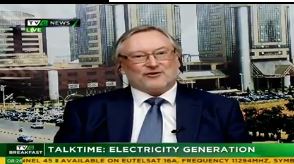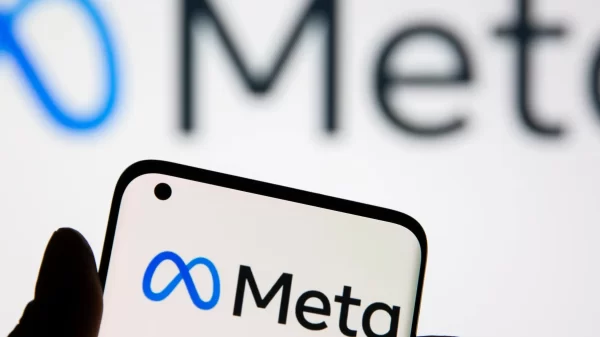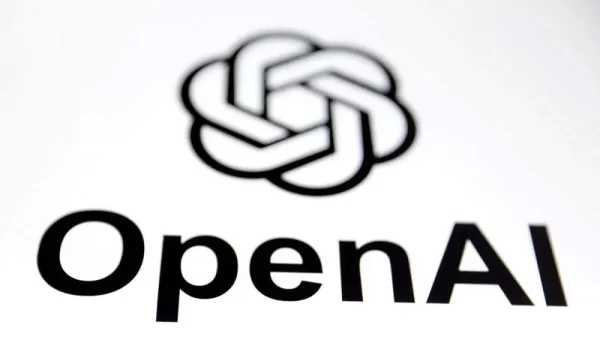TVC E. Nigeria has one of the lowest net electricity generation per capita rates in the world. Mr Neil Croucher, MD/CEO of Abuja
electricity distribution company (DISCO) transmission a guest at TVC Breakfast Show (TalkTime) on the 27th of July 2016, has encouraged customers to be patient, that this tough time will only last for a short while.
The organisation responsible for electricity production and supply in Nigeria is the Power Holding Company of Nigeria (PHCN), formerly the National Electric Power Authority, known as NEPA. Nigeria is in the process of privatising the PHCN, hoping this will lead to greater investment in the sector and consequently increased power generation.
Prior to the enactment of the Electric Power Sector Reform Act (EPSRA) in 2005, the Federal Government of Nigeria was responsible for policy formulation, regulation, operation, and investment in the Nigerian power sector. Regulation of the sector was done through the Federal Ministry of Power (FMP) with operations through the National Electric Power Authority (NEPA).
The Presidential Task Force on Power was established by President Goodluck Jonathan’s administration in June 2010, to drive the implementation of the reform of Nigeria’s power sector.
The Federal Government-owned electricity system currently comprises:
- Three hydro and seven thermal generating stations with a total installed capacity of about 6,852MW, with available capacity of 3,542MW (in 2010).
- A radial transmission grid (330kV and 132kV), owned and managed by the Transmission Company of Nigeria, and
- Eleven distribution companies (33kV and below).
According to the National Population Commission, it was expected that Nigeria’s population would hit 170 million by the end of 2013. Of these, less than 50% currently have access to electricity.
Nigeria plans to increase generation from fossil fuel sources to more than 20 000 MW by 2020. A major source of capacity expansion is expected to come from Independent Power Projects (IPP’s). IPP’s currently contribute around 1 600 MW to the national grid.
Nigeria also has plans to increase its hydroelectricity capacity to 5 690 MW by 2020.
The Federal Government had concluded plans to launch a National Policy on Renewable Energy and Energy Efficiency to boost power supply in the country. Investment in this sector is, however, small due to the lack of a stable policy regime to reassure investors.
What do you think?


















